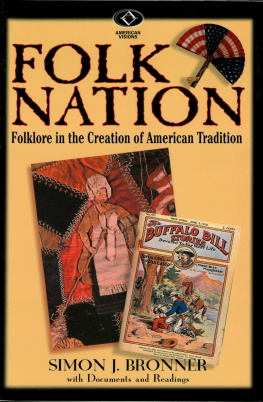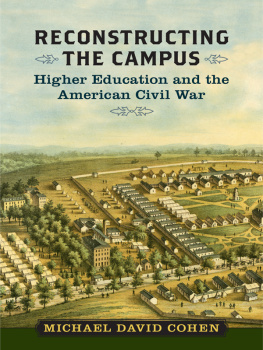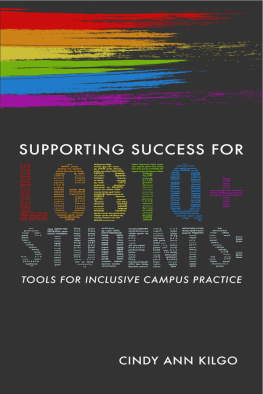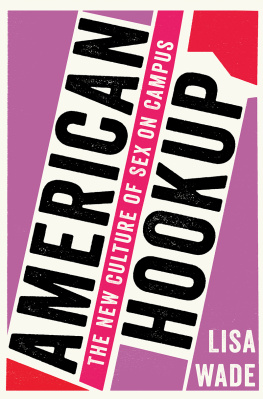Simon J. Bronner - Campus Traditions: Folklore from the Old-Time College to the Modern Mega-University
Here you can read online Simon J. Bronner - Campus Traditions: Folklore from the Old-Time College to the Modern Mega-University full text of the book (entire story) in english for free. Download pdf and epub, get meaning, cover and reviews about this ebook. City: Jackson, year: 2012, publisher: University Press of Mississippi, genre: Science / Art. Description of the work, (preface) as well as reviews are available. Best literature library LitArk.com created for fans of good reading and offers a wide selection of genres:
Romance novel
Science fiction
Adventure
Detective
Science
History
Home and family
Prose
Art
Politics
Computer
Non-fiction
Religion
Business
Children
Humor
Choose a favorite category and find really read worthwhile books. Enjoy immersion in the world of imagination, feel the emotions of the characters or learn something new for yourself, make an fascinating discovery.

- Book:Campus Traditions: Folklore from the Old-Time College to the Modern Mega-University
- Author:
- Publisher:University Press of Mississippi
- Genre:
- Year:2012
- City:Jackson
- Rating:5 / 5
- Favourites:Add to favourites
- Your mark:
Campus Traditions: Folklore from the Old-Time College to the Modern Mega-University: summary, description and annotation
We offer to read an annotation, description, summary or preface (depends on what the author of the book "Campus Traditions: Folklore from the Old-Time College to the Modern Mega-University" wrote himself). If you haven't found the necessary information about the book — write in the comments, we will try to find it.
From their beginnings, campuses emerged as hotbeds of traditions and folklore. American college students inhabit a culture with its own slang, stories, humor, beliefs, rituals, and pranks. Simon J. Bronner takes a long, engaging look at American campus life and how it is shaped by students and at the same time shapes the values of all who pass through it. The archetypes of absent-minded profs, fumbling jocks, and curve-setting dweebs are the stuff of legend and humor, along with the all-nighters, tailgating parties, and initiations that mark campus tradition--and student identities. Undergraduates in their hallowed halls embrace distinctive traditions because the experience of higher education precariously spans childhood and adulthood, parental and societal authority, home and corporation, play and work.
Bronner traces historical changes in these traditions. The predominant context has shifted from what he calls the old-time college, small in size and strong in its sense of community, to mass societys mega-university, a behemoth that extends beyond any campus to multiple branches and offshoots throughout a state, region, and sometimes the globe. One might assume that the mega-university has dissolved collegiate traditions and displaced the old-time college, but Bronner finds the opposite. Student needs for social belonging in large universities and a fear of losing personal control have given rise to distinctive forms of lore and a striving for retaining the pastoral campus feel of the old-time college. The folkloric material students spout, and sprout, in response to these needs is varied but it is tied together by its invocation of tradition and social purpose. Beneath the veil of play, students work through tough issues of their age and environment. They use their lore to suggest ramifications, if not resolution, of these issues for themselves and for their institutions. In the process, campus traditions are keys to the development of American culture.Simon J. Bronner: author's other books
Who wrote Campus Traditions: Folklore from the Old-Time College to the Modern Mega-University? Find out the surname, the name of the author of the book and a list of all author's works by series.





